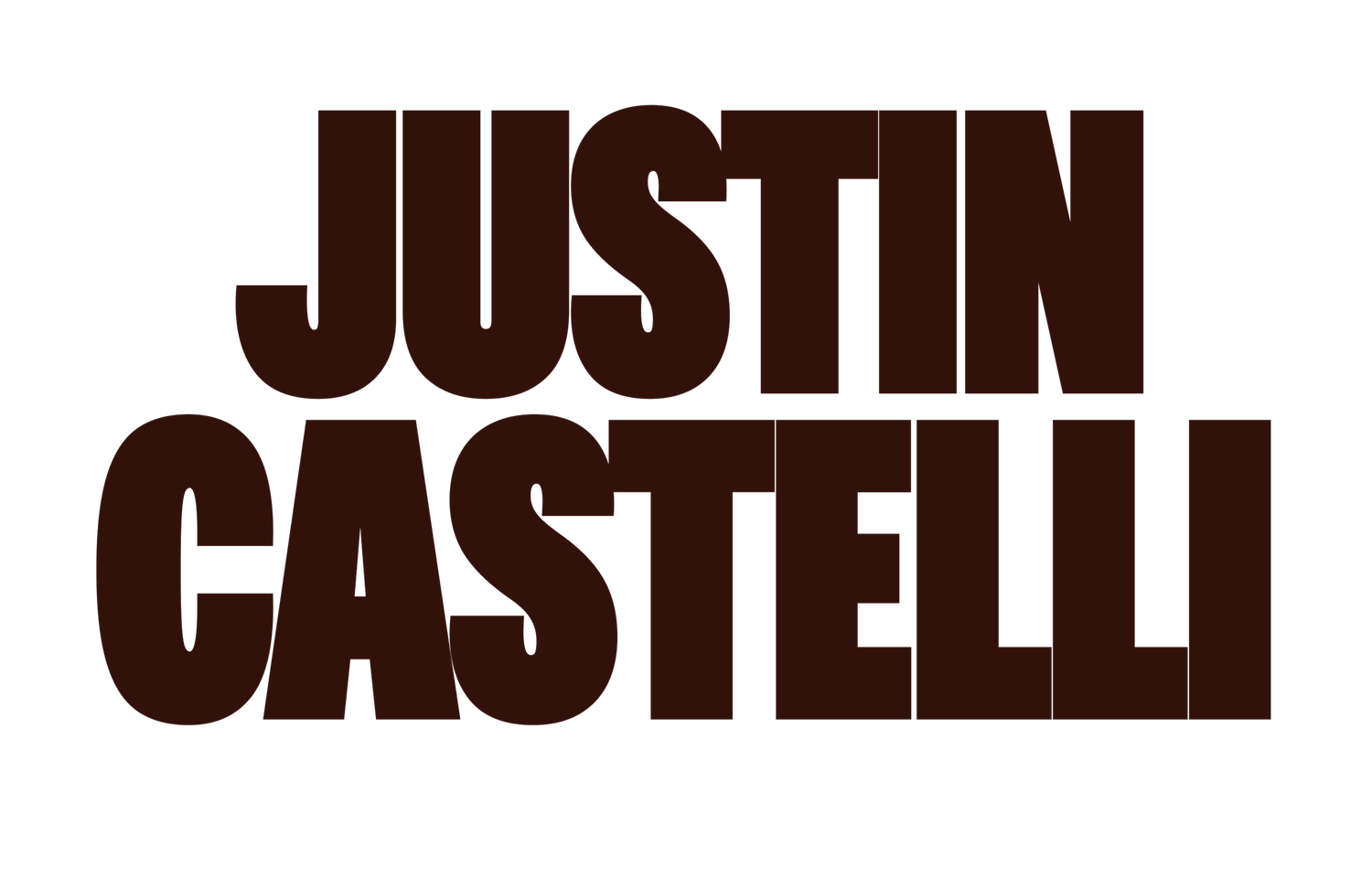appreciate what you have
I’m amazed that John Templeton’s work is rarely talked about within the financial planning community–or at least where I’ve journeyed throughout my career. Templeton is one of the greatest investors in history, and I was initially introduced to his name early in my career by a wholesaler who worked for the Franklin-Templeton mutual fund company.
I was told about Templeton’s famous growth fund and his history as an investor, but I was never introduced to his writings or beliefs.
It wasn’t until earlier this year that I discovered Discovering The Laws Of Life, which is a daily/weekly reading that intertwines Templeton’s beliefs around spirit, mind, body, and money. I know very few of our ideas are unique within the world’s history, meaning most thoughts have been thought of before, and most ideas have been shared somewhere throughout history–what seems to be a unique thought or idea has probably been someone else’s unique thought and idea before.
I thought the alignment of spirit, mind, body, and money was a unique idea--I'd never seen anyone in my profession connect them, but I later learned that John Templeton was writing about similar concepts decades ago.
Instead of getting down and pivoting away from my idea, knowing that someone like John Templeton shared a similar belief fed my confidence that I was onto something important–my way of bringing spirit, mind, body, and money to the world would be different than Templeton’s and resonate differently with people.
I thought I’d share this great quote he started Week 25: Law D with in Discovering The Laws of Life and highlight some of Templeton’s words (bold is my emphasis)–sometimes, going back to his work is better than sharing my thoughts.
“To be upset over what you don’t have is to waste what you do have.”
- Ken Keyes
“Many people today seem to think that money and the things it will buy is the measure of success. But, in truth, things we can buy are just things we can buy–no more, no less. They don’t remake the real person in any way. We can change the color of our hair, our clothes style, and the car we drive, but none of these are good indicators of the kind of person we are inside.”
“We may fret and fuss about “the way we are” and wish we were different. We may wish we were taller, shorter, thinner, more muscular or athletic. We can wish, but nothing will happen until we are willing to do what we can to make a change.”
“Before making a change of any sort, think about who you are and what you have now. It’s very probable that you’re fine just as you are, even though you admire someone who is different from you.”
“How important is the thing you would like to change? If it is very important, give it your all! Change what you can, being aware of what is right for you…But don’t expect the change to make you into a different person. Under the red hair or muscles will be the same you.”
“We live as we believe life should be.
To change the way we see life, we must change the way we believe it should or will be. Your mind is a tool for you to use in creating your ideal life and there are many ways in which to use this tool. Belief in yourself–in what you are–is the beginning of positive change.”
See you tomorrow and keep pursuing,
JC
